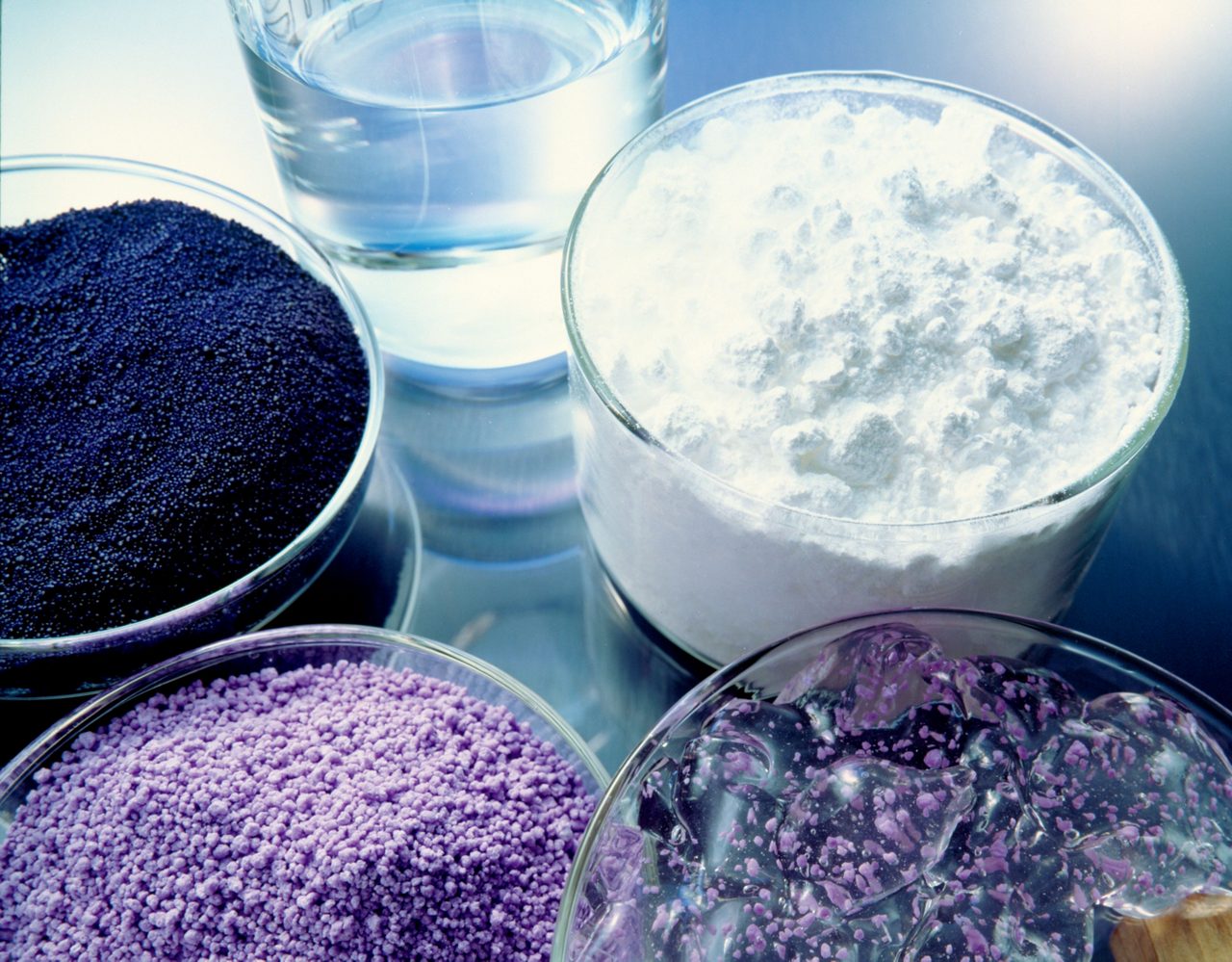
Fascinating Silicones
Material forms that fuel innovation
Silicones make other materials work better
They fuel our imagination and make new products possible. In a society that runs on performance and strives for sustainability, silicones are essential materials.
Silicones take numerous forms and can be engineered to deliver an almost unlimited range of enabling and problem-solving benefits. When it comes to sustainability, Dow is continually reviewing its products and their compositions to ensure they meet evolving customers’ needs. We are actively investing and innovating to make sure our silicone materials continue to bring their unique performance and sustainability benefits to society.
The unique benefits of silicone science
Thanks to their chemistry, silicones are unique materials unlike anything else in this world. They combine the advantages of silicon-based glass and carbon-based plastic. Like glass, silicones are temperature- and moisture-resistant, chemically inert and dielectric. Like plastics, silicones are strong and able to assume many forms.
Because of their unique properties, silicones can be engineered to perform a wide range of critical functions in today’s world – from adhesives to release agents, antifoams to foam stabilizers. No matter what solution you are looking for, chances are silicones have already been used.
Solutions that meet people and societal needs
From automotive to building and construction, personal care to electronics and lighting, Dow’s silicone materials are synonymous with efficiency, durability and reliability. With their unique combination of characteristics, silicones outlast and outperform most organic materials. In short, they make sustainable innovation possible.
Silicones do not harden, crack, peel, crumble, dry out, rot or become brittle with age the way carbon-based organic materials do.
Silicones do not react with most materials, unless intentionally designed to do so.
Silicones flow easily and evenly over surfaces that would cause other materials to bead up.
Silicones can be stretched, twisted, and compressed but able to quickly return to their original shape.
Silicones are known for their long-term resistance to rain, sleet, snow, ozone, acid rain and damage from the sun's ultraviolet (UV) rays.
Silicones are highly resistant to damage and degradation from extreme temperatures, thermal shock, chemicals and oxidation.
Silicone materials are naturally hydrophobic, making them right for all kinds of waterproofing applications.
Silicones can provide outstanding adhesion, even between substrates that normally cannot be bonded with other materials.
Silicones are popular as electrical insulators, helping to protect the integrity of wires, cables and electric circuitry.
Silicone solutions showcase
Silicones take numerous forms and can be engineered to deliver an almost unlimited range of enabling and problem-solving benefits.

Beauty and Personal Care
From sun care ingredients that resist wash-off and boost SPF, to color cosmetics that last longer and create a more stunning impression, to conditioners that save consumers time, silicones are the ingredient of choice.

Building, Construction and Infrastructure
Silicone innovation helps high-performance buildings rise higher in every way — improving weatherability, boosting structural integrity, reducing energy use and supporting architectural design.

Films, Tapes and Release Liners
Whether your need is for pressure sensitive adhesives or release coatings, Dow Consumer Solutions works to design products that help you meet your cost and performance needs to be competitive.

Electronics and Lighting
Advanced silicone materials are powering the lighting revolution by bringing new possibilities in efficiency, light output, energy savings and expressive design.
Material forms that fuel innovation
Silicones take many forms—from free-flowing resins, rigid plastics, flexible rubbers, greases and powders to fluids thinner than water or thick as paste. From these basic classes of silicone materials, thousands of unique silicone products have been engineered to meet the needs of product designers, manufacturers, people and municipalities around the world.

Adhesives and Sealants
Whether you need silicone adhesives or sealants for automotive, construction or PCB Assembly industries, adhesives from Dow are there to meet your needs.

Antifoams
Controlling unwanted foam is critical to the cost-effective success of many industries. Dow has you covered with formulations that are immediate in their result and persistent in their impact to your unwanted foam.

Conductive Materials
Heat and stress are enemies of today's PCB components. Dow's industry-leading portfolio of thermally and electrically conductive silicones enables you to achieve a solution for your most sensitive assemblies.

Elastomers – Rubber
Dow is a reliable source of supply for a full range of trusted, silicone-based materials offering a unique combination of properties that organic elastomers cannot match.

Emulsifiers, Surfactants and Stabilizers
Silicone surfactants from Dow provide water-soluble capabilities that are used to create emulsions—stable blends of two “unblendable” materials, such as oil and water.

Silicones, Silicone-Organic Hybrids and Silanes
Dow pioneered the development of silanes – and the synergy of organic and silicon chemistries and remains instrumental in allowing new materials to be developed in a wide variety of industries with greater reliability and improved performance.
We are committed to connecting you with experts and resources to tackle any challenge.
